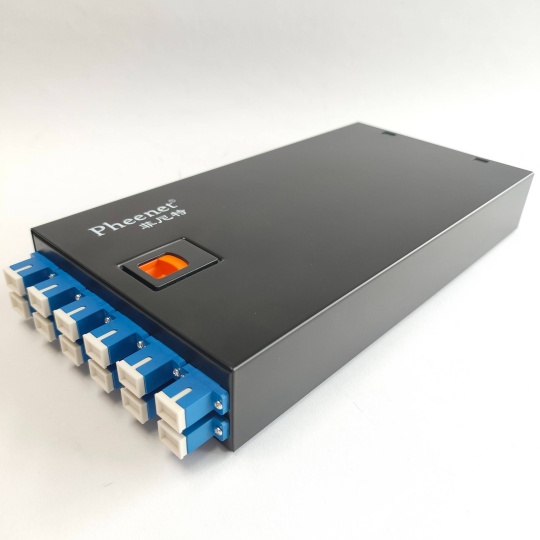What Certifications Should a Reliable Industrial Cable Have?
When selecting industrial cables, reliability isn’t just a preference—it’s a necessity. Industrial environments are harsh, with exposure to extreme temperatures, chemicals, mechanical stress, and electrical hazards. The right certifications ensure your cables can handle these challenges safely and efficiently. But with so many standards, which ones matter most? Here’s a clear guide to the key certifications for reliable industrial cables.
1. UL (Underwriters Laboratories) Certifications
UL is a globally recognized safety certification organization. For industrial cables, two key UL standards stand out:
- UL 1581: Tests the flame resistance and electrical performance of wires and cables. Cables meeting this standard are less likely to spread fires, critical for factories and industrial facilities.
- UL 2556: Focuses on cables used in hazardous locations (e.g., areas with flammable gases or dust). It ensures cables resist ignition and minimize fire risks in high-risk environments.
Why it matters: UL-certified cables reduce fire hazards and meet strict safety benchmarks, making them a must for compliance in North America and beyond.
2. IEC (International Electrotechnical Commission) Standards
The IEC sets global standards for electrical equipment, including industrial cables. Key standards include:
- IEC 60228: Defines conductor properties (e.g., size, material) to ensure consistent electrical conductivity and durability.
- IEC 60332: Tests flame propagation in cables. For example, IEC 60332-1-2 ensures cables resist burning when exposed to a small flame, preventing fire spread.
Why it matters: IEC standards are widely adopted worldwide, making them essential for international projects or equipment used across borders.
3. CSA (Canadian Standards Association)
CSA is Canada’s leading certification body, with standards aligned with UL for North American compatibility:
- CSA C22.2 No. 21: Covers flexible cords and cables, ensuring they withstand bending, abrasion, and temperature changes—vital for moving machinery.
Why it matters: If your operations are in Canada or export to Canadian markets, CSA certification is often legally required.
4. CE Marking
CE marking is mandatory for cables sold in the European Union (EU). It indicates compliance with EU safety, health, and environmental requirements, including:
- Low Voltage Directive (LVD): Ensures cables operate safely at voltages between 50–1000V AC (or 75–1500V DC), preventing electric shocks.
- RoHS Compliance: Restricts hazardous substances (e.g., lead, mercury) in cables, making them safer for workers and the environment.
Why it matters: CE marking is non-negotiable for selling or using industrial cables in the EU, ensuring alignment with regional regulations.
5. NEC (National Electrical Code) Compliance
The NEC (NFPA 70) is a U.S. standard that outlines electrical safety practices. For industrial cables, compliance ensures:
- Proper installation in specific environments (e.g., wet locations, high-temperature areas).
- Cables are rated for their intended use (e.g., “THHN” for dry, high-heat areas; “TW” for wet locations).
Why it matters: NEC compliance is legally required in the U.S. to avoid accidents, fines, or project delays.
6.ATEX Certification (for Explosive Environments)
ATEX is a European certification for equipment used in explosive atmospheres (e.g., oil refineries, chemical plants). It ensures cables:
- Resist sparks or heat that could ignite flammable substances.
- Withstand harsh conditions like corrosion or mechanical stress.
Why it matters: ATEX is critical for industries with explosive risks, protecting workers and preventing catastrophic incidents.
How to Use This Information
When choosing industrial cables:
- Check your location: Prioritize UL/CSA for North America, CE/ATEX for Europe, and IEC for global use.
- Assess your environment: If your facility has high temperatures, chemicals, or explosive risks, prioritize certifications like UL 2556, ATEX, or IEC 60332.
- Verify certifications: Look for labels or documents proving compliance—avoid uncertified cables to prevent failures or legal issues.
Final Thought
Reliable industrial cables aren’t just about durability—they’re about safety, compliance, and peace of mind. By prioritizing certifications like UL, IEC, CE, and ATEX, you ensure your cables can handle tough industrial conditions while meeting global standards. Always check for these certifications to avoid costly downtime, accidents, or regulatory penalties.











